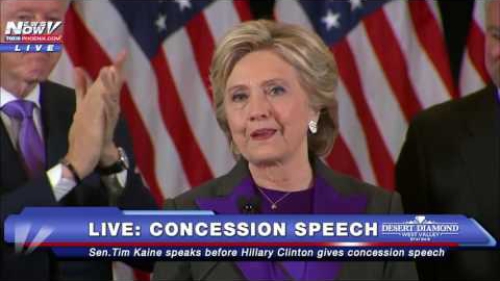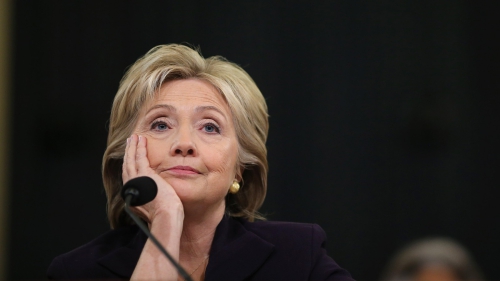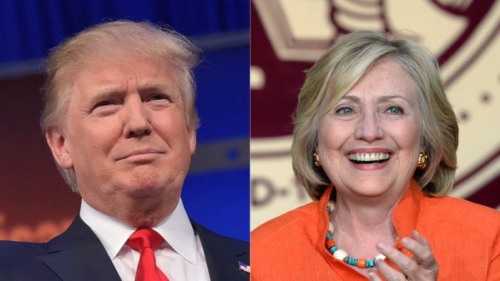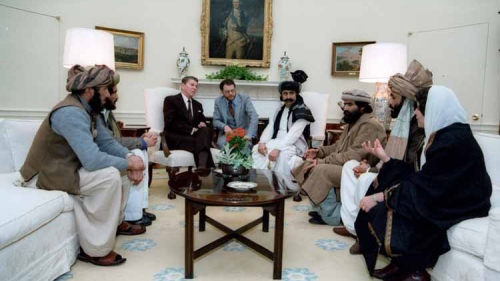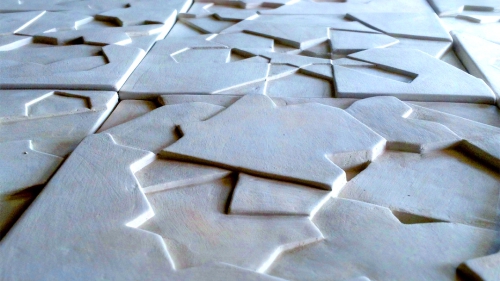The Case of Hillary Clinton: Political Ambitions vs. Ethics
For most Palestinians, Hillary Clinton is more shocking than a "Dr. Jekyll and Mr. Hyde" scenario. When Mrs. Clinton declared her support for the establishment of an independent Palestinian state last year, many eyebrows rose in dismay, excitement and disbelief. Yet, Mrs. Clinton's remarks were never seen as a move aimed to gain political ground, even from those who fiercely dismissed her position. Thousands of Palestinian refugees rushed to the streets and climbed on the top of trees and roofs of houses when Clinton visited Gaza Strip's poorest refugee camp, Jabalya, last December.
Unfortunately, Mrs. Clinton's quest for the New York Senate seat has unleashed a side that most Palestinians hoped never to see. This July, Hillary Clinton surprised many when she supported Jerusalem as the unified and eternal capital of Israel saying that she would work wholeheartedly to see such a fact instituted and formally acknowledged by the American administration. Unlike the reaction generated by her stand on Palestinian statehood, it was clear that the first lady's position was heavily, if not entirely, motivated by her craving for the Senate seat.
Rudolph Giuliani who is known for his exclusively pro-Israel and pro-Jewish agenda is a likely opponent for Mrs. Clinton in the upcoming race for the Senate. Clinton's pro-Palestinian remarks could hurt her chances in gaining the trust of New York's influential Jewish voters. It was therefore indeed a race against time. State of the art American campaign tactics were cleverly employed to narrow the gap between her and her opponents.
Mrs. Clinton's comeback was centered on her faithful support to Israel, a beloved entity to most of New York's Jews. Another desperate move was also detected when suddenly media reports revealed that Mrs. Clinton discovered Jewish blood in her veins from a faraway relative. Although Mrs. Clinton's shifting perspectives should have in fact lowered people's trust in her future leadership, the opposite happened and the scale slowly tipped in her favor.
Wednesday, Nov 4 was Hillary Rodham Clinton's first day on a short trip conducted to the Middle East. This time however, Clinton visited as a politician who is desperately hunting for votes at home. It was indeed peculiar that Mrs. Clinton devoted her trip to Israel to fight violence in Israeli schools while her own homeland has the worst violence record in schools anywhere. Mrs. Clinton however, was on a mission.
The trip was going well as planned, until a short stop in the Palestinian town of Ramallah placed her in a new campaign crisis. Palestinian President Yasser Arafat's wife's remarks in respect to Israel's use of poisonous gas, which was not directly rebuked by Mrs. Clinton, angered Jewish lobbies, organizations and leadership in both the United States and Israel. Mrs. Clinton was criticized for not reacting immediately to defend Israel. Although Clinton tried desperately to save the day by bashing Mrs. Arafat's remarks, describing them as "inflammatory rhetoric and baseless accusations," Giuliani and his supporters have succeeded in generating anti-Hillary propaganda.
Strangely enough Suha Arafat's words were not as baseless as Mrs. Clinton has described. Many reports have been published with respect to the danger imposed by Israel's use of tear gas. But the issue goes beyond the scientific justification of Suha's Arafat's statements. Mrs. Clinton could care less about the validity or invalidity of these remarks. The only point that matters is winning the Jewish vote regardless of the heavy compromises that have to be made. Although the moral of the story goes beyond the political worth of Hillary Clinton's visits or her statements with regards to Middle East issues, it is important not to ignore the value of understanding the mechanisms of American politics.






